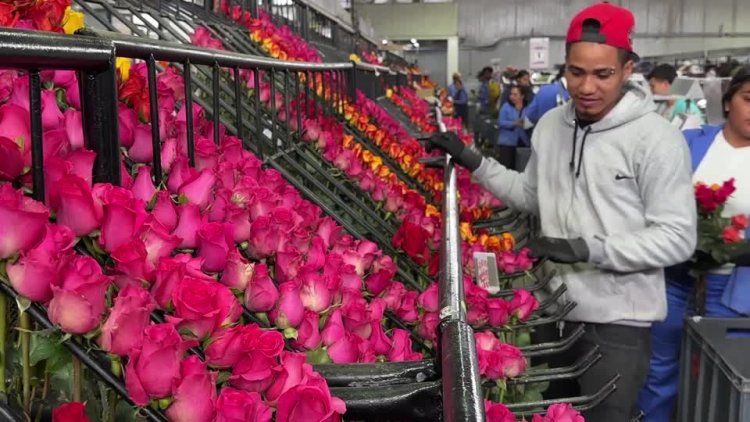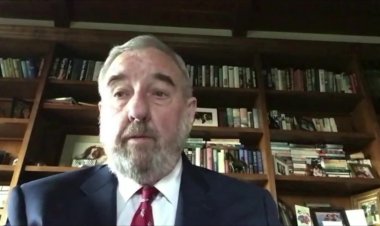Colombia averts trade dispute with U.S.

Colombian flower producers breathed a sigh of relief as a potential trade dispute with the United States was resolved just days before critical Valentine's Day exports. The conflict, which threatened to disrupt one of Colombia's most important export sectors, arose after President Gustavo Petro refused a U.S. deportation flight on January 26, citing concerns over migrant treatment.
The resolution came at a crucial time for Colombia's flower industry, which employs 110,000 workers directly and creates an additional 20,000 to 25,000 seasonal jobs during the Valentine's Day period. The organization reports that Colombian flowers reach over 100 countries and are produced across 116 municipalities.
"We were always afraid of what would happen to us if things didn't work out. It was scary," said Cristina Navarrete, a greenhouse worker in Facatativa, while tending to roses destined for export markets.
The significance of this resolution cannot be understated, as Colombia dominates the U.S. cut flower market, accounting for over 70% of imports. Through November of the previous year, U.S. imports of Colombian flowers reached $1.14 billion, surpassing the total import value for 2023. This growth demonstrates the increasing demand for Colombian flowers in the American market.
Colombia's unique climate and soil conditions have made it an ideal location for growing a wide variety of flowers, including roses, orchids, and carnations. This natural advantage has helped establish the country as the leading supplier of cut flowers to the United States, a partnership that has developed over decades.
The averted trade dispute highlights the deep economic ties between the two nations and the importance of maintaining stable trade relations, particularly during peak seasons like Valentine's Day when flower demand reaches its highest levels.















